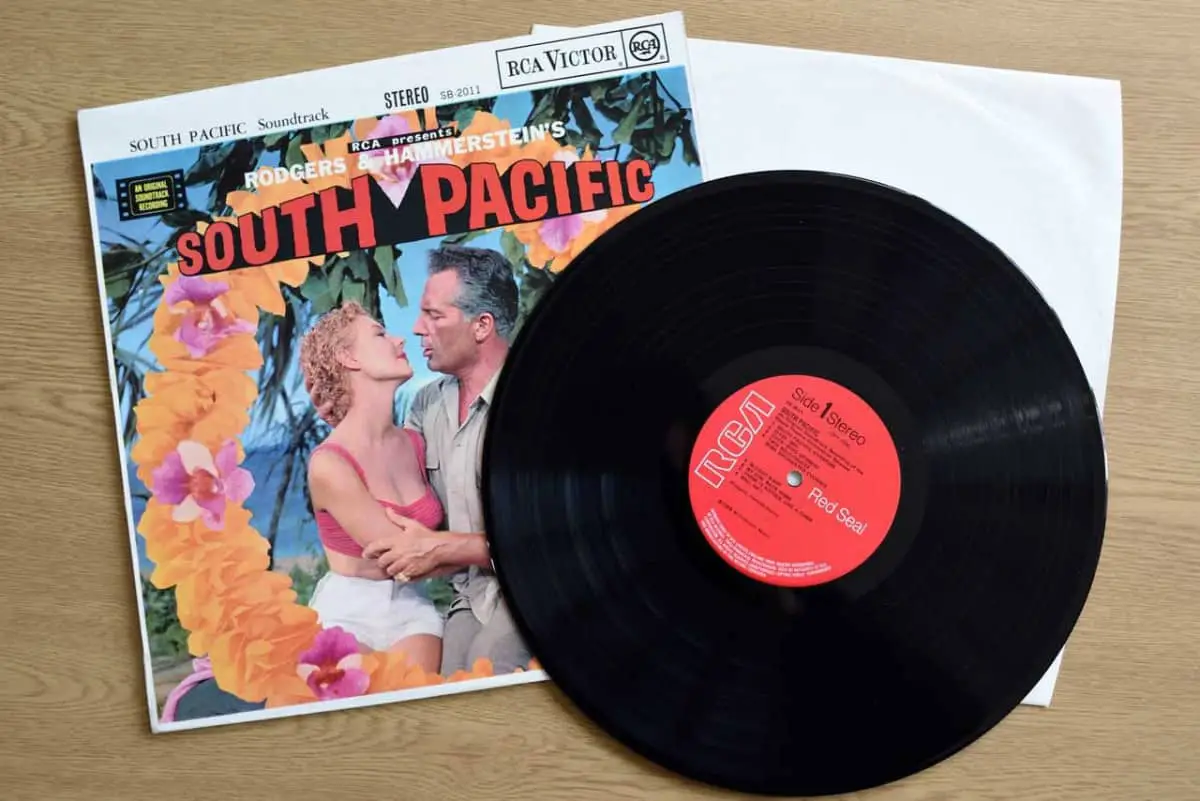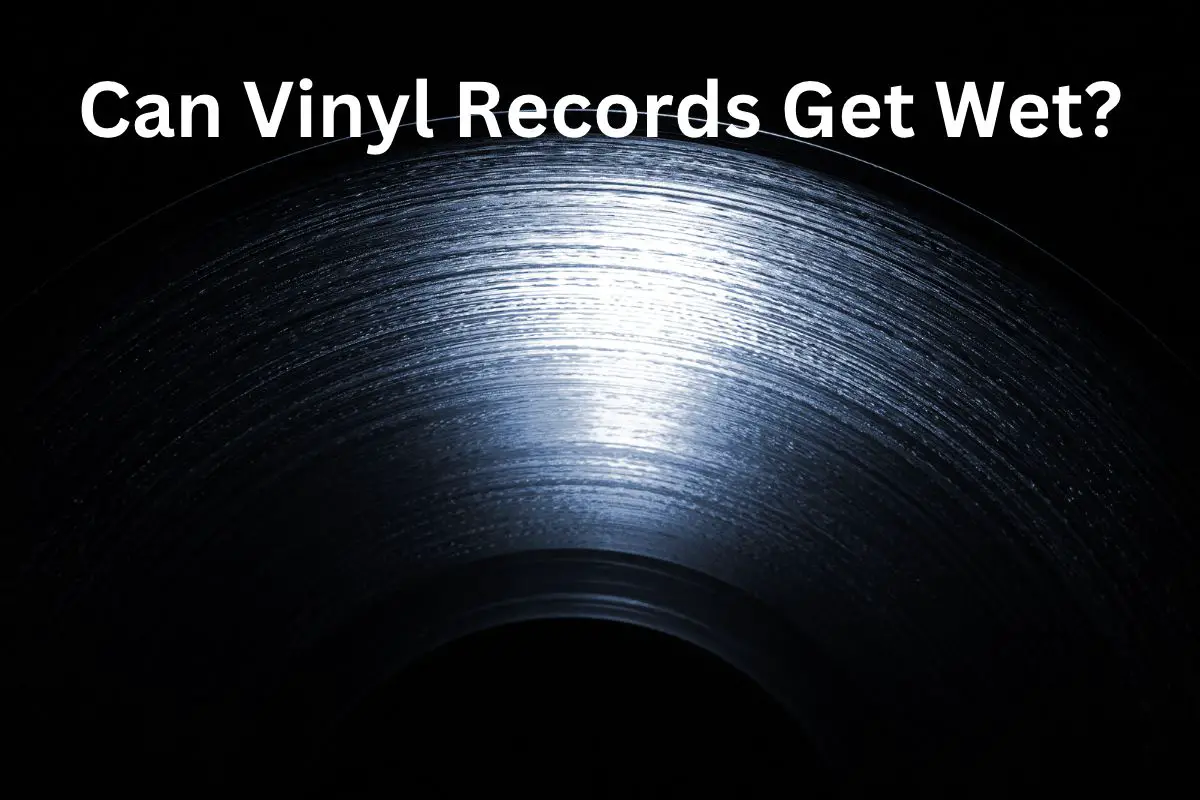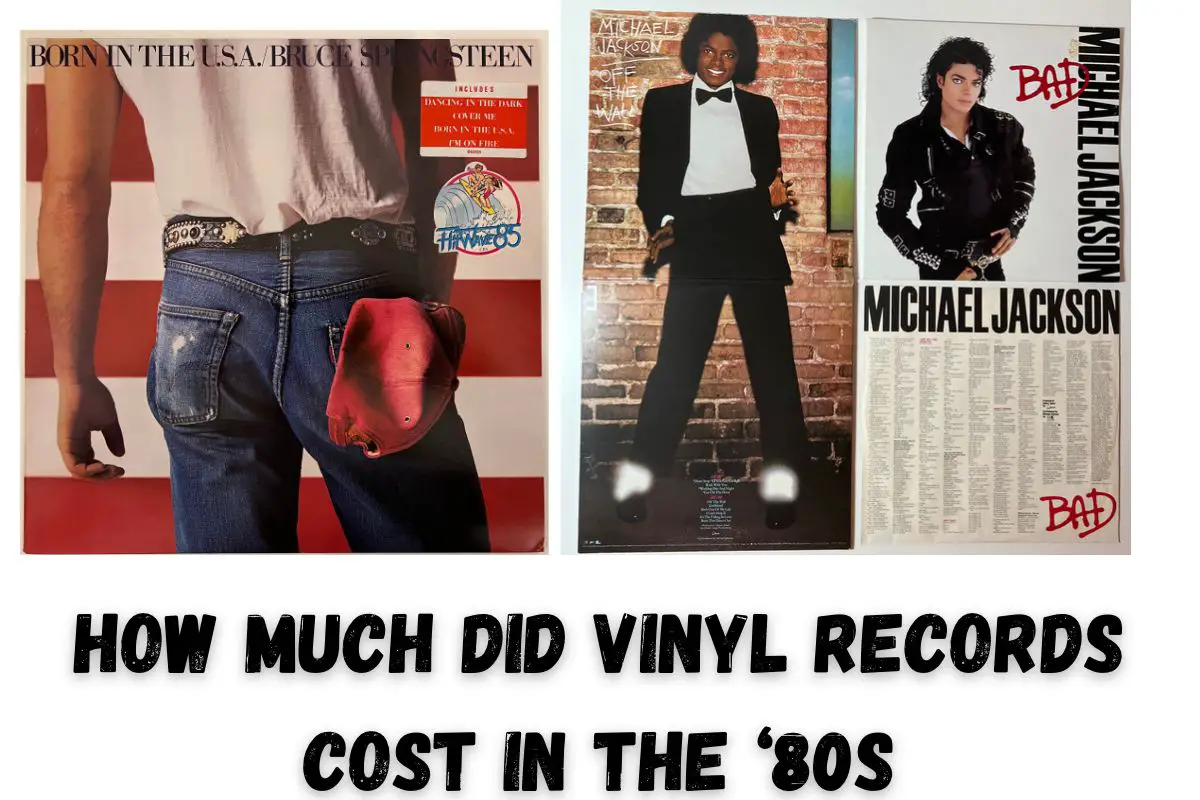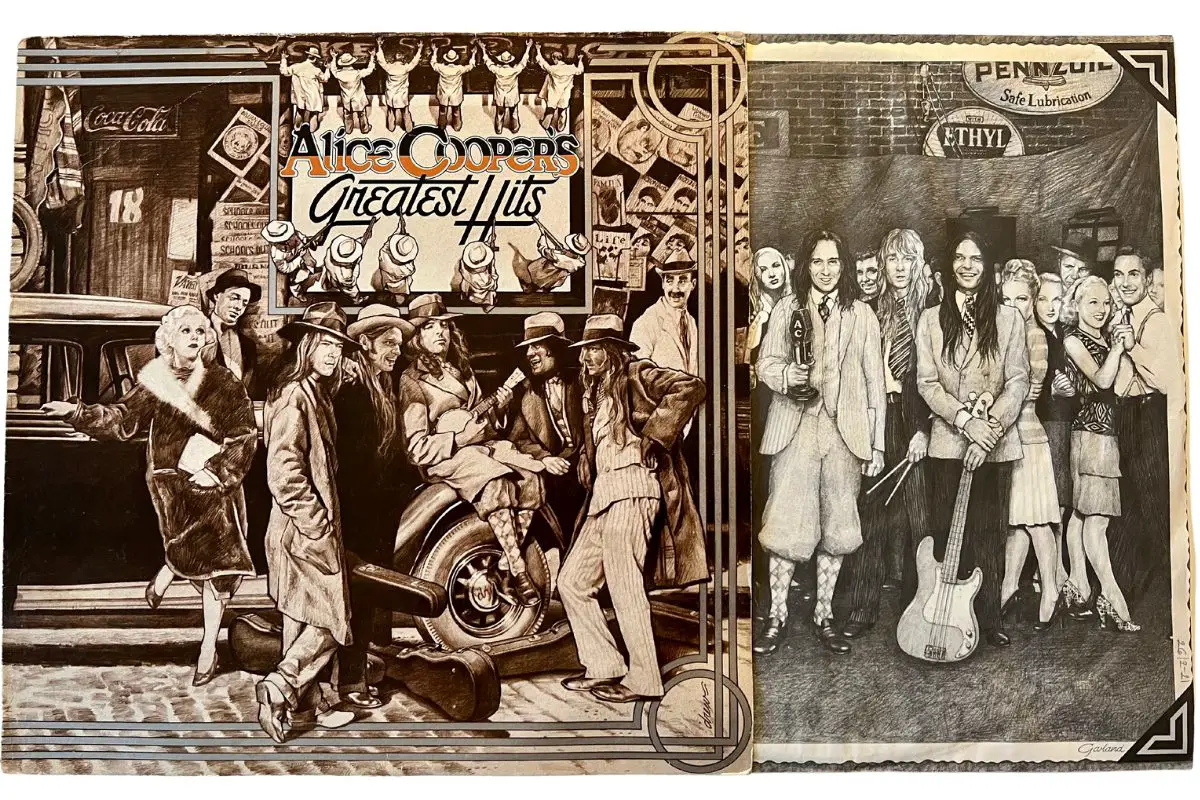This post contains affiliate links.
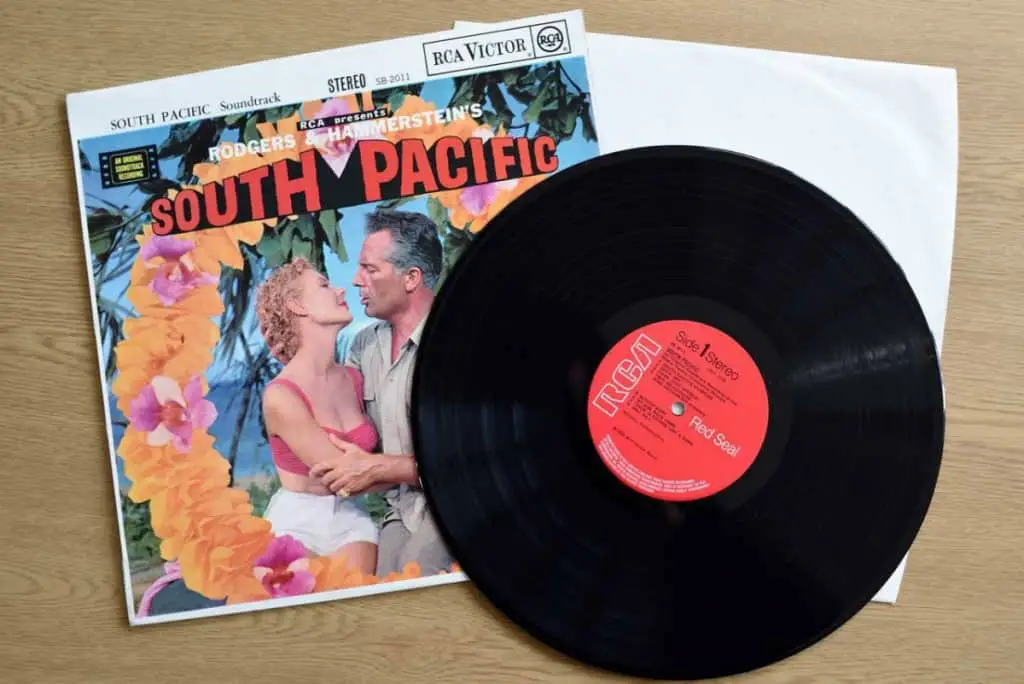
Should I keep vinyl records sealed? One of the most rewarding aspects of having a vinyl collection is keeping them long enough to become valuable. But is keeping the records worth the profit in the long run? Keep on reading to find out.
What increases the value of a sealed record over time?
- The release or version of the record.
- The condition of the record.
- The pricing guide of that time.
Even if you keep the record for a long time, the Goldmine standard will assess the vinyl record’s value.
You’re welcome to keep reading if you want more information on sealed records, their value, and what happens to records if you seal them for a long time.
Table of Contents
Should I Keep Vinyl Records Sealed?
This issue has been a debate in the vinyl record community for years. Some audiophiles argue that you’re supposed to play records and not seal them for decades and decades to profit off of them.
It is an emotional rollercoaster for some and a business for others. Nevertheless, the decision is personal and based on some factors mentioned earlier. This article will discuss further in detail.
Is A Sealed Record Worth More?
In my experience, it’s pretty tricky to assume that sealed records will cost more. Why? Well, the future is unknown, and anything could happen in the upcoming years that could render a record unprofitable.
For example baseball cards, in the 1980s, baseball cards turned into collectibles. However, not every baseball card is worth the penny today. You can say the same for Pokemon cards. Only a few Pokemon cards can be worth the investment, and you determine their value by special features, dates, and unique aspects.
Here are the factors that determine the value of a sealed record.
1. The release date or version of a record
An album’s release date is one of its core value assessment factors. Collectors are much more interested in first release dates. Manufacturers release vinyl albums in different pressings. Earlier release dates will have a limited number of copies in that pressing, thus increasing the value.
Here are other factors that go into assessing the release date of an album:
- The catalog number
- Compare the different record labels.
- The runout area should have some clues that collectors look out for when assessing.
2. Assessing the condition of the record using the Goldmine standard
If you’re new to the vinyl record community, you may or may not have come across the Goldmine standard. What is the Goldmine standard?
The Goldmine standard is a buying and selling guide for vinyl guides. It is the most widely used guide in the vinyl record market. Platforms like Discog, eBay, and independent websites use this standard as a measure of value.
Using a source of light, here’s what collectors typically look for:
- Water damage
- Tears
- Bent edges
- Discoloration
The Goldmine standard uses a grading system. This grading system is on the master tier level, and so many aspects of vinyl condition go into the system. Not only that but records are graded into two ways:
- Grading for the record
- Grading for the cover
According to Goldmine, they consider albums without covers absolutely worthless. Here’s how a typical record grading would go:
Album A has a record cover grading of VG (very good) and a record grading of VG +. Goldmine would take these two values, add them together and divide the answer by 2.
The result would give a mixed grade rough estimate value of the vinyl record.
Here’s a list of the vinyl record grades:
- M: Mint
- NM: Near Mint or M-
- VG+ or E: Very Good Plus or Excellent
- VG: Very Good
- G, G+ or VG-: Good, Good Plus or Very Good Minus
- P & F: Poor and Fair
3. The pricing guide of that time
Collectors will utilize sales data from the internet to evaluate the current market price of the vinyl record. Websites like Discogs and Popsike are excellent references to know what exact value the record would fetch.
As you can see, a lot goes into assessing the value of a record and not just keeping it sealed for an entire decade. If you do believe that in the long run, the value of your sealed vinyl record will bring in loads of profit, you’re welcome to keep it sealed.
However, this article is not a financial guide. Your sealed record and estimated value are up to you. Whether it appreciates or depreciates in time is a risky choice to make.
What Happens To Sealed Vinyl Records While In Storage?
Nothing will happen to sealed vinyl records most of the time unless you don’t store them properly. One thing that vinyl enthusiasts emphasize is storing vinyl records.
If vinyl records are not stored properly, they are prone to warping, discoloration, and damages to the grooves. Vinyl records require consistent optimum temperature with little to no exposure to dirt or dust.
Since the latter is impossible, experts recommend consistently cleaning your vinyl records.
However, that isn’t the case for sealed records. Remember that the Goldmine standard assesses the condition of the record cover. A gatefold is one aspect that gets easily damaged on a sealed record if the sealed record is not stored correctly.
What Is A Gatefold?
A gatefold was a popular packaging method in the 1960s. In short, if the artists or company wanted to add interesting information onto an album, such as artwork, it would be placed on a gatefold.
There are modern gatefolds. However, they don’t make them as they used to in the 60s. It is essential that you correctly store and maintain (the little there is) your sealed vinyl records.
If collecting sealed records is something you’re interested in, go for it. If you want to make a profit on it, be careful and don’t rely on it as a source of income ten years later. Anything can happen in the timeline.
Some Vinyl FAQs To Help You
1. How Do Other Vinyl Owners Take To Opening Sealed Vinyl Records?
It’s a mix of emotions. Some vinyl owners are excited by the fact, while others are in a fit of rage. The keeping of sealed vinyl records has been a consistent debate in the vinyl record community.
It’s pretty much up to you and whether or not you can fight the temptation to open a sealed record.
2. Is It Wrong To Leave A Vinyl Record In Its Factory Seal?
If you’re looking to keep the record sealed, there’s no problem with that. In fact, it would be best to buy an outer sleeve to keep its condition as mint as possible for the next couple of years.
It’s also alright to keep price tags or stickers that may come with the vinyl record. It adds to the authenticity of the record and will work great for your Goldmine standard grading.
However, it may also not work in your favor if the collectors deem the record a lower grade. Regardless, if you’re keeping the record sealed, anything that will attest to its press is an excellent choice to keep.
3. Should You Take The Plastic Off The Records?
The plastic wrap on records is known as shrink wrap. Again, if you’re keeping the records, buy an outer sleeve and keep the entire record, including the shrink wrap in the outer sleeve. With this method, you can keep the record’s authenticity while also adding to its mint condition in the long run. It won’t harm the sealed record inside as long as you keep the record in optimal conditions.
Sources
- Jenna Miles, The Beginner’s Guide to Vinyl Records: How to Build, Maintain and Experience a Music Collection in Analogue (Massachusetts: Adams Media,2017) Accessed August 14th, 2021.
- Steven Williams, How to Estimate The Value of A Record Collection, Discogs, https://blog.discogs.com/en/how-to-estimate-the-value-of-a-record-collection/ Accessed August 14th, 2021.
- Patrick Prince, Record Grading 101: Understanding The Goldmine Grading Guide, Goldmine, https://www.goldminemag.com/collector-resources/record-grading-101 Accessed August 14th, 2021.
VacationVinyl.com is a participant in the Amazon Services LLC Associates Program, an affiliate advertising program designed to provide a means for sites to earn advertising fees by advertising and linking to Amazon.com. We also participate in other affiliate programs which compensate us for referring traffic.

